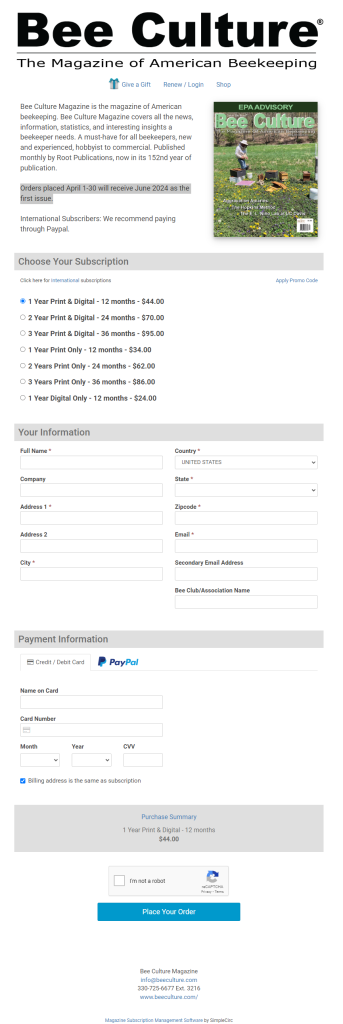Only 85 Comments on a definition of Honey. And Nobody Agrees On What That Definition Should Be.
How an appropriate Federal Standard of Identity for Honey would be in the interest of Consuers, the Honey Industry, and US Agriculture.
AMS – USDA Agricultural Marketing Service – published a Federal Register notice on August 20, 2014, seeking public comment on how a Federal standard of identity for honey would be in the interest of consumers, the honey industry, and US agriculture.
Overall 76, or 89% of the 85 comments supported establishing a Federal standard in some form. Only 1 commenter stated a standard is not needed.
Generally, the favorable comments mentioned a single standard would be better than several from various states, others felt marketing practices that allowed unrestricted imports of substandard product are putting small businesses out of business, while others felt that without this protection small producers would simply fold, threatening pollination and overall US honey production.
By far the majority felt there was a need for a definition for honey, there were disparate opinions about how to frame it. Some recommended the inclusion of detailed analytical data, such as:
Defined filtration levels…from none to a breakdown by microns
Raw honey should have a maximum HMF content of less than 25 mg/kg
Requiring a measurable pollen count to ID floral sources, growing region and excessive filtration
Of the 85 positive comments received, 66 were from individuals, the remaining from organizations with affiliations in the honey industry.
These organizations are notable, including ABF, AHPA, Center for Food Safety, FL Dept of AG, Food and Water Watch, Impex Group, Monsanto, National Honey Packers and Dealers, Robert Mondavi Institute for wine, Sioux Honey, Western State Honey Packers and a few others. 29 comments were from Texas, with the next highest contributing state California, with 9.
In Summary, AMS finds that 1) the preponderance of comments across multiple regions and organizations support the establishment of a standard; and 2) there are divergent opinions on the content and wording of such a standard, and its relationship to existing international stanards.
Exerpts From The ERS Report to the Commissioner of the FDA.








